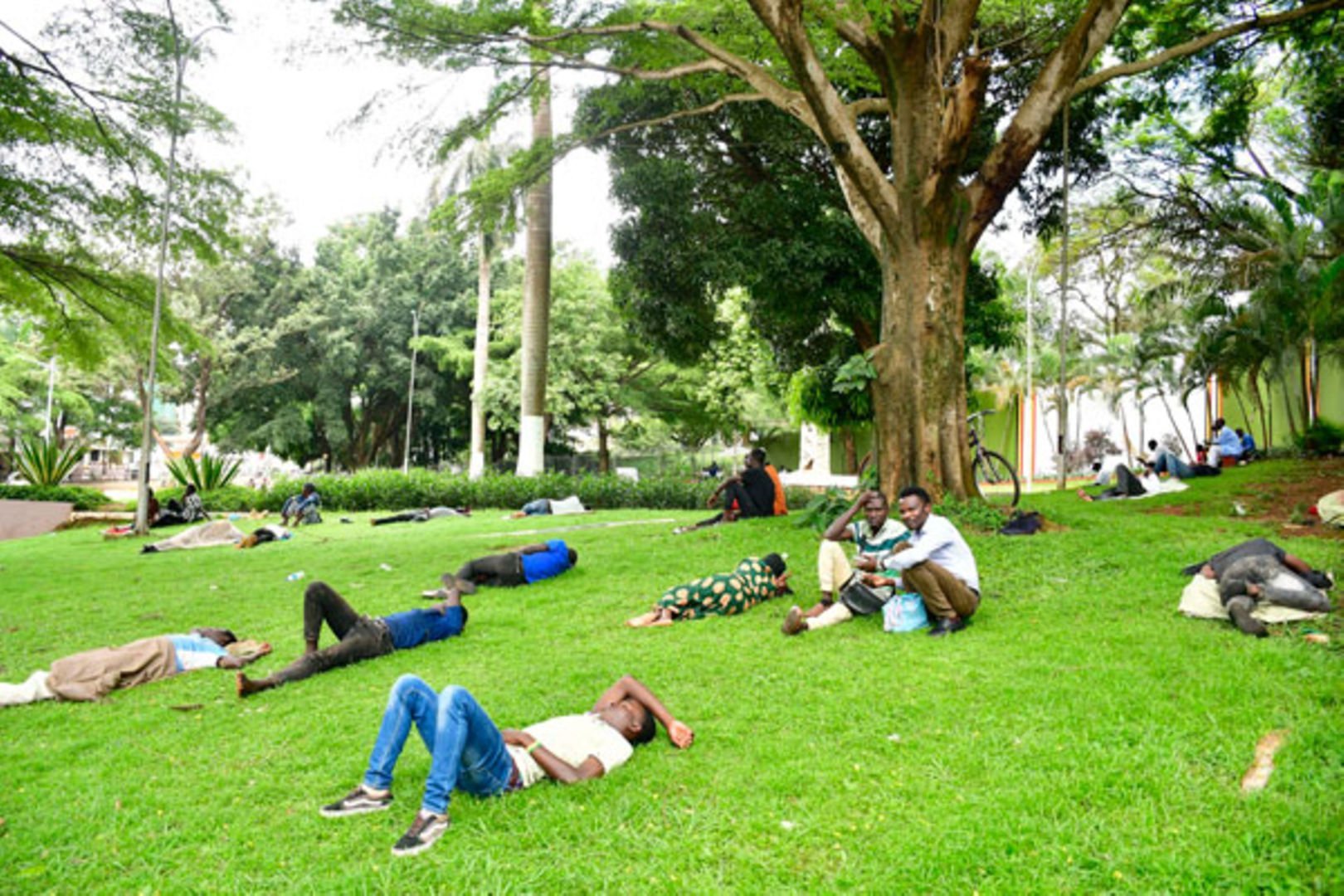Prime
Economy: Why we must be cautiously optimistic

Okodan Akwap
What you need to know:
- Tough situations often lead to crime. They need careful planning and prudent investment in people.
- Not merely installing CCTV cameras on streets or digital number plates on cars and motorcycles.
My pocket Oxford English dictionary defines pessimism as “lack of hope or confidence in the future.” It defines optimism as “hopefulness and confidence about the future or success of something.”
By these definitions you could say, “I am ever optimistic about the future.” Or, “I am pessimistic about the future.” It’s one way of thinking about the world as a two-sided coin. This can make it simple to settle things just by tossing a coin as we watched recently at the World Cup. Referees tossed a coin.
The captain who won the toss chose the side of the field he wanted his team to be.
But the world of economics isn’t that simple. It’s a complicated world concerned with the production, distribution, and consumption of goods and services. At its core is the matter of how individuals, businesses, governments, nations, etc., make choices about how to allocate scarce resources.
For nearly 25 years since I started writing for the opinion pages of this newspaper, I have had so many chances to express pessimistic or optimistic about Uganda’s economic choices. However, by reading and writing about the economy, I have developed an anticipatory, rather than reactive, view about where Uganda is headed. This isn’t pessimism; it’s cautious optimism.
For instance, it’s not pessimism to anticipate that, at some point, foreign capitalists may leave Uganda one by one or even in groups. One of the proposals in the economic package pushed by the World Bank and the International Monetary Fund requires us to permit inward foreign direct investment (FDI). We’ve done that. All around us we see many instances of FDI.
But nowhere is it stated that anyone needs our permission to ship out profits or to close shop altogether and move out at short – or no – notice. How can we be overly optimistic for the future when sectors such as finance (mainly banks, telecoms and insurance companies), mining (especially big concerns), and construction (especially big firms) are in the hands of foreigners?
In Kenya, if all foreign-owned financial institutions left at once, there would still be at least 30 local banks, including Kenya Commercial Bank, the largest in East Africa by assets. Safaricom would probably remain too (the government has a healthy stake in this giant telecom, which is the most profitable firm in East Africa). If this happened here you probably wouldn’t have access to banking services. You probably wouldn’t be able to make a phone call on your cellphone.
It’s not pessimism to keep reminding the government that the local business community must have more confidence in the economy than is the case now. Government shouldn’t harp on about ICT and all that jargon about the new economy. Ugandans need to see the old economy work.
They need basic technology for small-scale irrigation. They need basic technology for adding value to cassava, maize, beans, etc. They need basic technology for drying and sorting cereals. They need fertilisers. They need markets and access roads to markets to be able to sell their produce. They need to have somewhere to go for affordable investment funding; this means access to institutions for financial inclusion. They need empowerment on resource-mobilisation.
What should government do, especially during hard times like these? Manage the economy. Don’t let market forces distort it. Raise control over key sectors. Fine-tune strategies for public goods provision in education, healthcare, electricity, clean drinking water, roads, etc.
Government should also make realistic promises. Don’t promise Ugandans the moon. Don’t preach. Educate. Avoid crowding out the private sector from access to credit. And address the issue of exclusion.
Exclusion occurs especially when: 1) many people are unable to participate in the economy; 2) they are unable to get jobs or own property; 3) they are unable to send their children to good schools; 4) they are unable to access health facilities; and 5) they have no skills to do most of the jobs available.
Tough situations often lead to crime. They need careful planning and prudent investment in people. Not merely installing CCTV cameras on streets or digital number plates on cars and motorcycles.
Okodan Akwap, Associate consultant at Uganda Management Institute.




